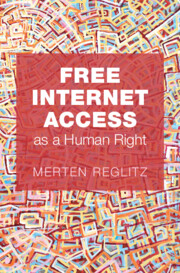While the “essence” of EU fundamental rights has received much attention following the CJEU’s Schrems decision, the concept of “essence” remains much less examined in international human rights law. Nonetheless, a concept of “essence” for human rights can also be found in international law. This Article discusses different aspects of the “essence” concept in international human rights law, namely non-derogability, non-restrictability, and minimum core, in three steps. First, the Article looks at civil political rights and socioeconomic rights separately and identifies two different approaches to the concept of essence for each of the two categories: While for civil and political rights the concept of essence is mainly linked to the notions of non-derogability and non-restrictability, for socioeconomic rights, the concept refers mainly to the states’ obligation to guarantee an essential level of protection independent of their resource limitations. Second, the Article continues by reading the two approaches together and identifies certain elements of an overarching “essence” concept. Finally, the Article discusses the relationship between the CJEU’s “essence” jurisprudence and the related concepts in international law and concludes with two theses: First, international law deserves more attention when reflecting on the EU’s concept of essence. It equally employs concepts of “essence” and also informs the development and interpretation of EU law. Second, when engaging with the question of whether the EU law should draw lessons from its international counterpart on the notion of “essence,” one must contemplate drawbacks for EU law that the concept has presented for international law.
